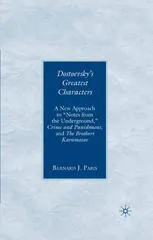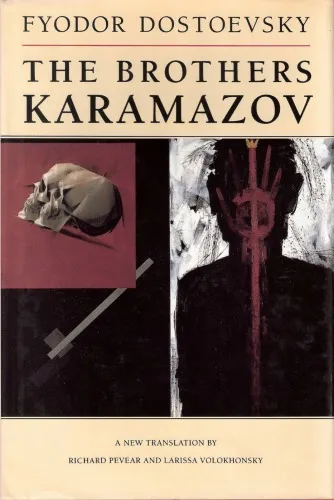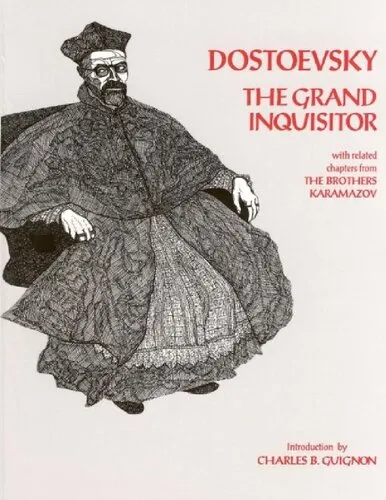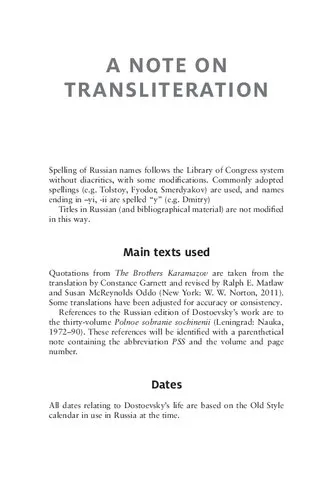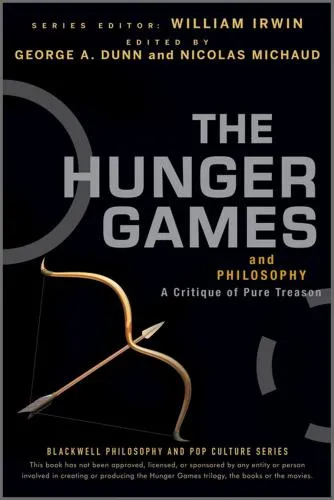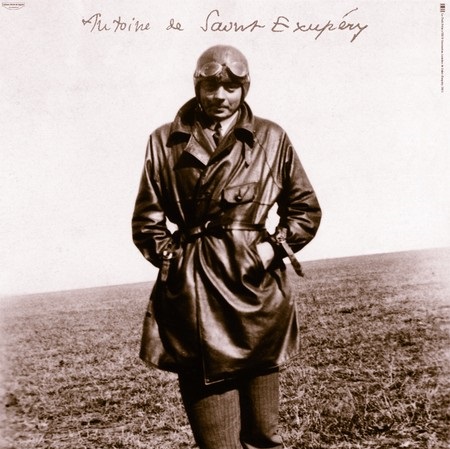The Little Prince
5.0
Reviews from our users

You Can Ask your questions from this book's AI after Login
Each download or ask from book AI costs 2 points. To earn more free points, please visit the Points Guide Page and complete some valuable actions.Related Refrences:
Persian Summary
The Little Prince: An Introduction
Antoine de Saint-Exupéry’s "The Little Prince" is a profound philosophical tale that explores themes of love, loneliness, and the essence of human connection. First published in 1943, this novella has resonated with readers of all ages across the globe, capturing hearts with its simplistic yet deeply meaningful narrative.
Detailed Summary of the Book
The story begins with the narrator, a pilot, who crash-lands his plane in the Sahara Desert. Here, he meets the Little Prince, a mysterious young boy from another planet. As the narrator works to repair his plane, the Little Prince shares his life story. He recounts his journey from asteroid B-612, where he once lived, leaving behind a rose he loves dearly but does not fully understand. On his journey, he visits other asteroids, each inhabited by eccentric adults. These encounters offer a satirical portrayal of the adult world, revealing obsessions with power, wealth, and knowledge but a lack of imagination and understanding.
Ultimately, the Little Prince arrives on Earth, meeting various animals and a wise fox who teaches him about the essence of friendship—that "what is essential is invisible to the eye." Through these interactions, the Little Prince learns about love and responsibility, recognizing these elements as central to the human experience. The story concludes with the Little Prince returning to his asteroid, after discovering the genuine value of his relationship with his rose.
Key Takeaways
- The Importance of Imagination: "The Little Prince" emphasizes the necessity of seeing the world through the eyes of a child, valuing creativity, and imagination over rigid adult practicality.
- The Nature of Relationships: The novella explores what it means to be truly responsible for someone we love, highlighting themes of empathy and caring.
- The Insights on Human Nature: Through the adult characters on the asteroids, Saint-Exupéry critiques the often superficial concerns of adults and stresses the importance of deeper, more meaningful pursuits.
Famous Quotes from the Book
One of the most quoted lines from the book is when the fox imparts wisdom to the Little Prince: "It is only with the heart that one can see rightly; what is essential is invisible to the eye." Other notable quotes that continue to inspire readers include the Little Prince’s admission that "All grown-ups were once children... but only few of them remember it," reminding us of the inherent simplicity and sincerity found in childhood.
Why This Book Matters
"The Little Prince" transcends the boundaries of a traditional children’s book, offering profound reflections on human nature that resonate well into adulthood. Its allegorical narrative appeals to readers’ deepest emotions, urging them to cherish relationships, approach life with curiosity, and hold onto the wonder and innocence of childhood. This timeless tale continues to be a beacon for introspection and human connection.
In essence, "The Little Prince" matters because it reminds us of the importance of viewing life through the lens of simplicity and sincerity, prompting generations to question, reflect, and appreciate the authenticity of human bonds.
Free Direct Download
You Can Download this book after Login
Accessing books through legal platforms and public libraries not only supports the rights of authors and publishers but also contributes to the sustainability of reading culture. Before downloading, please take a moment to consider these options.
Find this book on other platforms:
WorldCat helps you find books in libraries worldwide.
See ratings, reviews, and discussions on Goodreads.
Find and buy rare or used books on AbeBooks.
2085
بازدید5.0
امتیاز1
نظر98%
رضایتReviews:
5.0
Based on 1 users review
massoud
Nov. 16, 2023, 10:28 a.m.
"The Little Prince" by Antoine de Saint-Exupéry is an enchanting novella that transcends age, captivating readers with its profound wisdom and whimsical charm. Originally published in 1943, this timeless classic has earned its place as a literary gem that continues to resonate across generations.
At its core, "The Little Prince" is a poignant tale that explores the essence of human nature and the importance of retaining a childlike perspective on life. The story unfolds as an aviator stranded in the Sahara Desert meets a young prince who hails from a tiny asteroid called B-612. Through their conversations, Saint-Exupéry weaves a narrative that delves into the complexities of adulthood, the loss of innocence, and the pursuit of meaningful connections.
The beauty of "The Little Prince" lies in its simplicity. The author employs a charming blend of narrative and allegory, crafting a narrative that is both accessible to children and richly symbolic for adults. Each encounter the Little Prince has on his interplanetary journey introduces readers to a unique character, symbolizing different facets of human behavior and societal norms. The fox, the rose, and the king all contribute to the profound life lessons that underlie the story.
Saint-Exupéry's prose is both elegant and evocative, painting vivid images that linger in the reader's mind long after the final page. The watercolor illustrations, created by the author himself, add another layer of enchantment to the narrative, enhancing the overall immersive experience.
Beneath its whimsy, "The Little Prince" imparts profound philosophical insights about the human condition, the importance of love, friendship, and the pursuit of one's passions. The book encourages readers to view the world with the fresh eyes of a child, to appreciate the intangible aspects of life that are often obscured by the demands of adulthood.
In conclusion, "The Little Prince" is a masterpiece that transcends the boundaries of age and time. Saint-Exupéry's timeless fable is a celebration of the human spirit, a gentle reminder to nurture the child within, and an exploration of the universal truths that connect us all. Whether read as a bedtime story, a philosophical allegory, or a nostalgic journey into the past, "The Little Prince" remains a captivating and essential literary work that continues to inspire and resonate with readers of all ages.
Questions & Answers
Ask questions about this book or help others by answering
No questions yet. Be the first to ask!




